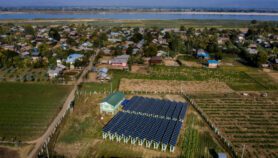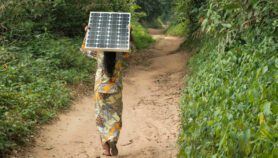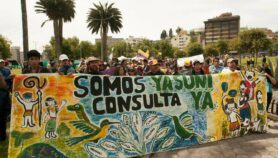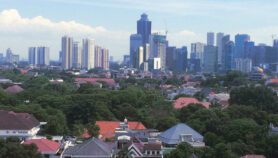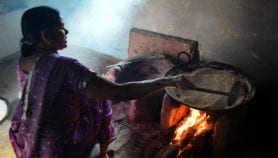By: Abiose Adelaja
Send to a friend
The details you provide on this page will not be used to send unsolicited email, and will not be sold to a 3rd party. See privacy policy.
Mobile phone companies in Nigeria and India aim to boost rural development and expand their mobile networks by using biofuels as a cheap and green way to power networks.
Access to electricity in rural areas is typically poor. By producing biofuel energy from organic matter, rural communities could sell it to the mobile phone companies, powering base stations that receive and transmit wireless signals.
Two pilot schemes are currently underway in Lagos, Nigeria and Pune, India, to try powering GSM networks with biofuels. GSM is a digital standard for mobile phones used by more than two billion people worldwide.
The schemes are receiving sponsorship from the GSM Association Development Fund and mobile phone company Ericsson. Local providers MTN — Nigeria’s largest mobile phone provider — and Idea Cellular in India are also involved.
"Apart from our desire to expand our coverage, biofuel produces economic empowerment, because lack of connectivity is directly related to economic impoverishment," said Prashanth Donepudi, project manager of the GSM Association Development Fund in Nigeria.
In Lagos, soy oil biodiesel is being used to power a suburban base station owned by MTN in a six-month trial. The study in Pune will use cotton and the hedge plant jatropha, according to a BBC report.
"We are trying biofuels because we feel it will save us the operational cost of reaching rural areas," said Victor Oduguwa, who heads MTN’s Design and Value Engineering section
He said biofuels also offered a form of "social responsibility" because the people are economically empowered in the process.
Using renewable energy for mobile networks is not a new concept to Africa. Namibia will soon be the first country in the world to power mobile networks using wind and solar energy.
The base, owned by mobile phone company MTC Namibia, will serve 1,500 villagers, reported the BBC.



